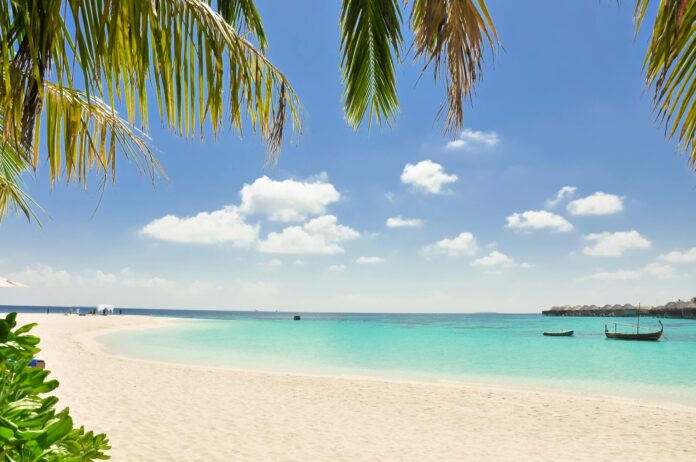
Own In The Caribbean: A Property Guide For Non-Residents
Real estate in the Caribbean is an attractive option for those seeking investment opportunities, vacation homes, or a change in lifestyle. The region offers diverse options, with the Terra markets of Barbados, Grenada, Saint Lucia, and Trinidad each standing out in its own way. Recent years have seen each country offer unique programs and incentives for foreign buyers, with differences in the Citizenship by Investment (CBI) programs and other residency incentives.
Barbados stands out for its Special Entry and Reside Program (SERP), sometimes known as Residence by Investment, designed to attract high-net-worth individuals. This program allows non-residents to live on the island for extended periods. To qualify, applicants must demonstrate financial stability and either own property in Barbados or make a significant investment. The SERP offers the flexibility of living in Barbados without the need for permanent residency, making it an attractive option for those seeking a tropical lifestyle without committing to citizenship.
Grenada offers one of the more popular CBI programs in the Caribbean. Non-residents can obtain citizenship through a substantial investment in real estate or a government-approved project. The minimum real estate investment is currently $220,000 USD which must be held for at least five years and an additional fee of $50,000 USD.
Grenadian citizenship grants visa-free travel to over 140 countries, including China and the Schengen Area, making it a strategic choice for global mobility. Additionally, the process is relatively quick, often taking between three to six months and exciting projects like Silversands offering attractive properties in a resort setting.
Saint Lucia’s CIP (Citizenship Investment Programme) is similar to Grenada’s, with a few distinct features. The minimum real estate investment required is $200,000 USD which must be held for a least five years along with applicable administration fees depending on the makeup of the applicants. Like other islands Saint Lucia also offers other investment options, including contributions to the National Economic Fund or investment in government bonds. The processing time is typically three to four months. Saint Lucian citizenship provides visa-free access to over 140 countries and includes tax incentives that appeal to international investors.
Unlike its Caribbean neighbors, Trinidad and Tobago does not offer a CBI program or specific residency incentives for property buyers. While foreigners can purchase property, they do not receive special privileges or expedited residency. This lack of incentives might deter some investors, although Trinidad’s dynamic economy and rich cultural scene still attract international buyers.
Digital nomad visas offer another avenue for non-residents to live and work in the Caribbean.
Barbados, for instance, has a well-known 12-month Barbados Welcome Stamp, allowing remote workers to reside on the island while working for their overseas employers. The real estate market in Barbados was quick to adapt to these digital nomads with medium term leases and making spaces more flexible for conversion to workspaces. While Grenada and Saint Lucia do not have specific digital nomad visas, their CBI programs provide an alternative path for those looking to establish a longer-term presence in the Caribbean.
Buying property in the Caribbean offers a range of opportunities for non-residents, with each country presenting unique programs and incentives. Whether through the flexibility of Barbados’ SERP, the strategic benefits of Grenada and Saint Lucia’s CBI programs, or the straightforward property market in Trinidad, prospective buyers have many options to consider.



